“They all laughed when Edison recorded sound”- so goes the line from an old song.
Thomas Edison was an American inventor, and among other things such as early versions of the electric lightbulb, he’s also famously known for being the first to record sound in 1877.
Actually, that’s not entirely the full story…
Years earlier in 1857, Édouard-Léon Scott de Martinville invented a device for recording sound. Problem was, believe it or not, the invention was incapable of playing the sound back. So, in 1877, along comes Edison who expanded the original invention and, on his tinfoil sheet phonograph cylinder, recorded sound that could be played back and listened to.
Any idea what Edison’s first words he spoke, recorded and then played back were? No, neither did I. Apparently it was: “Mary had a Little lamb, its fleece was white as snow, and everywhere that Mary went, the lamb was sure to go.”
Sound and voices. We never give them a second thought, do we? Sit down and watch an old movie, for example, the actors long dead, yet there we are, sitting in the comfort of our living rooms in 2023 and we can hear their actual voices. Just think about that for a moment… it is truly fascinating.
Thank you, Mr Edison. Thanks to you, I can listen to Frank Sinatra. You sir, are a genius.
Accents are interesting things. I love nothing more than when off round the world listening to and observing the way people speak and what it sounds like. Be it killing time in an airport, to sitting in a café in Ramallah deep in the West Bank, voices and accents fascinate me. I like to sit in silence and observe.
Many folks are proud of their voice or accent. Others not so, and change theirs. Some who move to another part of the UK or abroad see their accents change, without any effort from themselves. And nearly everywhere you go, someone will always speak English. I don’t mean simply tourist resorts in Europe. I’ve never failed to meet locals who speak English and want to speak English with me in places such as Nagorno Karabakh, Transnistria, Gaza, Abkhazia or Siberia.
I love it when they speak English, but preferably with their own accent. I remember very well, and it used to fascinate me and annoy to a certain extent, when spending much time in Russia in the early and mid ’90s, that so many young Russians spoke English with an American accent. Influence of the outside world and movies, I guess.
They didn’t get it when I explained to them, that in the UK, we don’t speak with an American accent. Oh, how things have changed, I’ve not met a single Russian for many years who speaks English with an American accent.
My Israeli Jewish friend, Inon, speaks excellent English, but for some reason, always with an American accent. Then he breaks into his mother tongue and all of a sudden he’s Jewish again.
When we speak on Skype, he always starts in an American drawl as he says: “Hey George, how’s it going man?”
He makes me smile.
Finn, my godson, born in England, had the most perfect, almost sweet-sounding pure English accent. Strange since his mum is Canadian and his dad from Liverpool! But since moving to Canada some years ago, there’s now not a hint of English anywhere in his voice. He sounds pure American now. Sorry, Canadian.
Margaret Thatcher famously took voice lessons before the 1979 general election. Advised by acclaimed actor Lawrence Olivier, he recommended his voice coach. Not to change her accent, but to lower her pitch and make it more authoritative. And boy did it work!
We have many famous voices that I’m sure are instantly recognisable to us all. But who makes you cringe? Who makes you want to turn off or stop listening? And who do you love to listen too?
Alan Carr drives me nuts. Got nothing against the bloke, I’m sure he’s a lovely man, but I can’t stand his voice. Totally different when it comes to comedian Peter kay – I love his voice, especially when he does his standard gag on “garlic bread”.
Then again, maybe you dislike his voice, it’s all very subjective. Oh, I’ve just thought of someone else. Kenneth Williams! Utterly unique. I can understand why some may find his voice grating, but I adore it. So much expression.
A big mention here to impressionists, and in particular Rory Bremmer. What a talent he is. What a gift to be able to mimic near perfectly so many famous people. I swear when he does Tony Blair – it is Tony Blair.
Closer to home, my partner Lina struggles with UK regional accents, although she’s getting better. For sure, there are different accents in Russia of course, but nothing like the UK. Nothing as diverse as say Glasgow, Manchester, London, Aberdeen, Doric and of course Liverpool, or Scouse as it’s known. And the Belfast accent totally baffled her for a long time.
At home, if I say something like: “Lina? Do you want soup?” The answer comes back as “Aye!” Yup, she’s learning.
But back to the famous. Surely we all love the voice of Sir David Attenborough? The camera work is stunning, the animals sweeping across the Serengeti, perfection. But it’s Sir David’s voice that “makes” the programme.
Oliver Postage is the voice of my, and possibly even your, childhood. Just listening to this man speak as he narrates Ivor the Engine or the Clangers is a pure joy. I heard him once on Desert Island Discs. Kirsty Young, a big fan, was in awe interviewing him. She described him as the voice of all our childhoods.
Actors whom I admire and really sit up and pay attention to when they speak on film include Sif John Gielgud and Sir Ralph Richardson. But it’s not just Brits, Hollywood icon Gregory Peck had a commanding voice.
And who could not love Jimmy Stewart’s voice? When sometimes watching It’s a Wonderful Life, I close my eyes and just listen.
Away from the big screen, I adore numerous voices in comedy classic Dad’s Army. Best listened to on radio recordings so you can really focus on their voices. Mainwaring is so wonderfully pompous, while Sergeant Wilson so laid back and carefree. Genius casting, genius acting.
But it’s Private Godfrey, played by the great Arnold Ridley, I love most in this programme. So soft, so charming. His is a voice of a world long gone, a bygone era.
Last but by no means least, we come to Welshman and Hollywood icon Richard Burton.
The world-famous radio drama Under Milk Wood was written by Dylan Thomas. I have an audio recording of this play, read by Burton. His voice pulls you in, you are in there, in the scene, in the play itself.
I have no desire to go and see the stage play, give me the Burton audio recording every time.
To me, Burton’s voice sounds like a very mature fine wine or a vintage port. It’s beautiful, masculine, commanding, while at the same time soft and dare I say, sexy.
I recently watched Cleopatra. What a movie. Rex Harrison as Caesar was excellent, although if you closed your eyes, it could easily have been Professor Higgins from My Fair Lady. But when Burton speaks, he has my full attention and I’m hooked on his every utterance.
So, what’s in a voice? What makes us love or loathe a particular one?
I have no idea
But I swear, I could happily listen to Richard Burton reading the phone book.
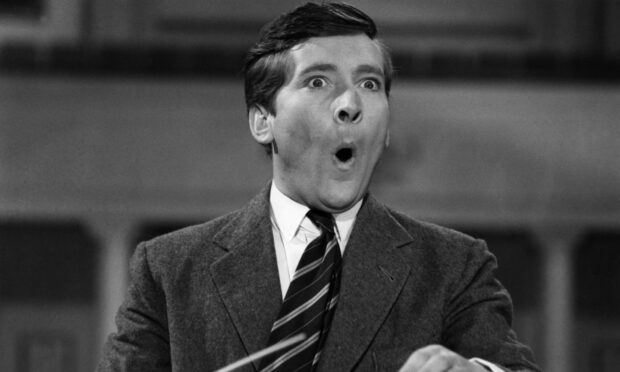

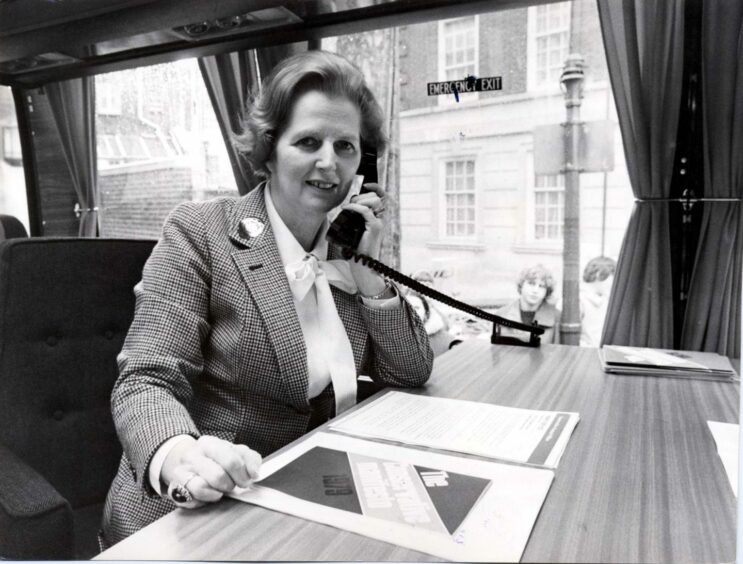

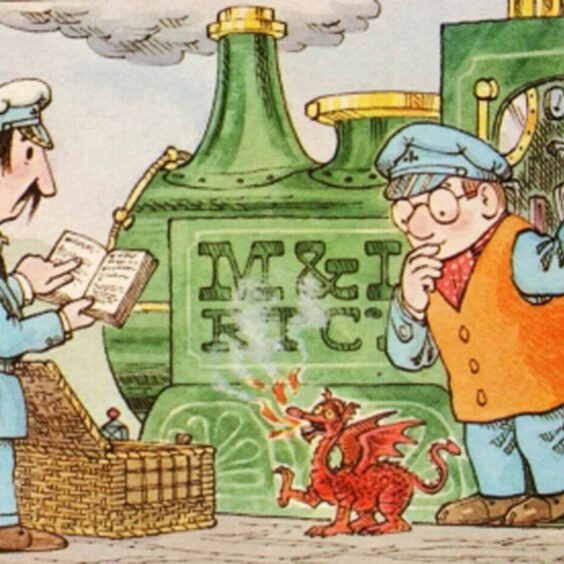

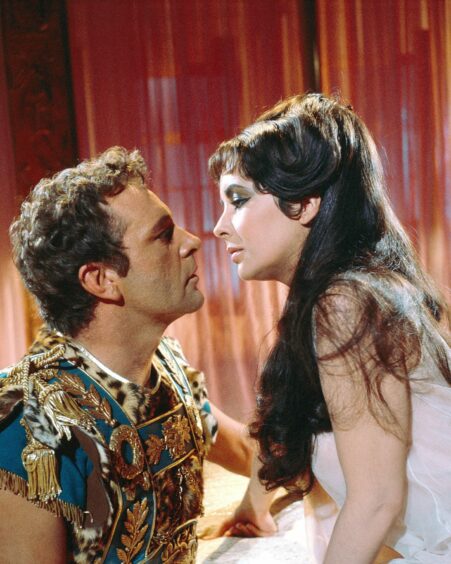
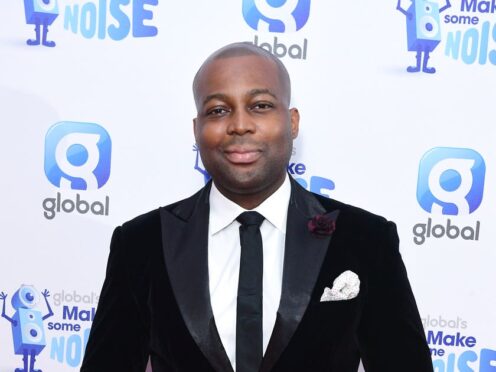
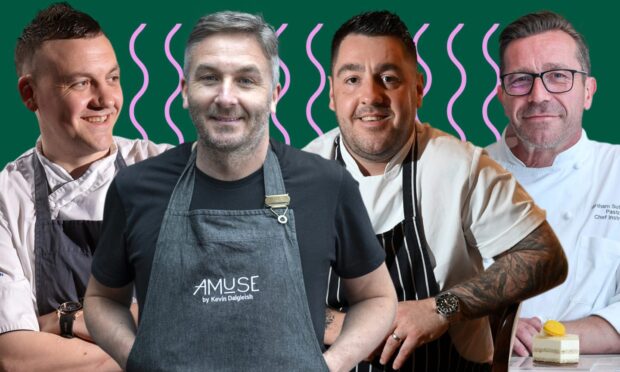




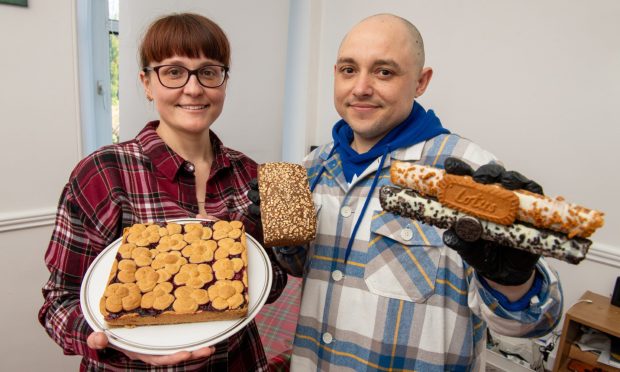

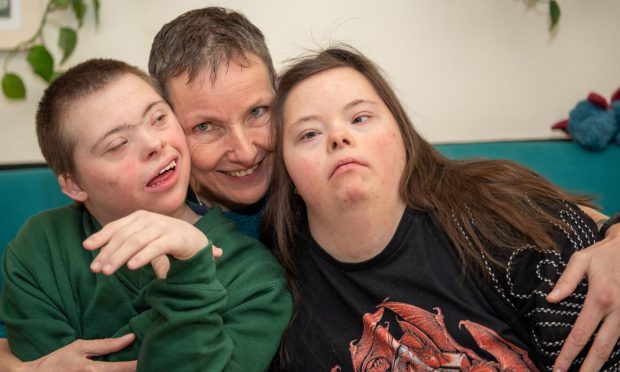

Conversation